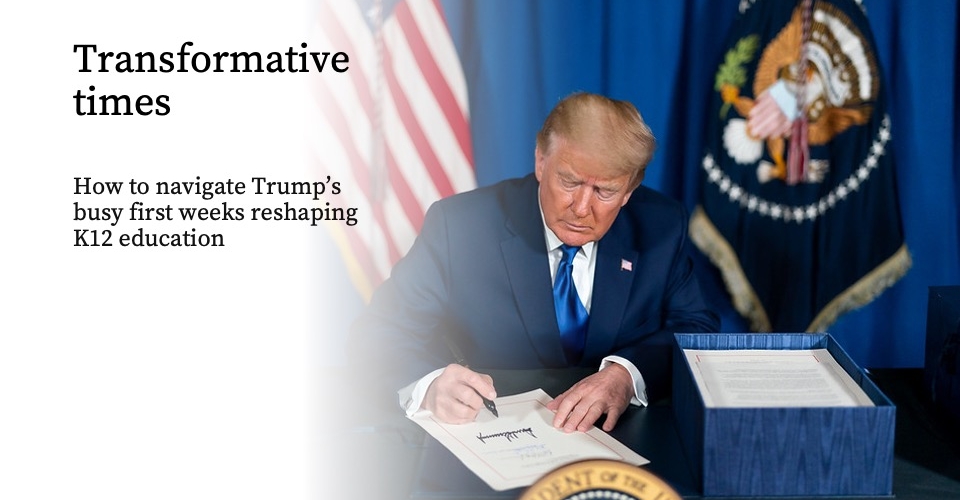If you were to ask a Gen Z student what lies ahead for their future, the vast majority—roughly 80% to be exact—would say they’ve got great futures ahead of them. Yet, only half feel prepared for said future. So, what are their postsecondary aspirations, if not college?
It’s safe to say that a college degree is becoming a far more unlikely path for this generation, a new poll from Gallup and the Walton Family Foundation suggests. Forty-three percent of Gen Z K12 students said they hope to pursue something other than college after high school.
“While a postsecondary path makes sense for many, it’s not the right path for all immediately upon high school graduation, and what we’re learning from this research is that students are lacking a complete picture of the options available to them upon high school graduation,” Stephanie Marken, Gallup senior partner for U.S. survey research, said in a statement.
Regardless of their goals to pursue either a college degree or a non-college pathway, their outlook on their future endeavors isn’t clear. Twenty-six percent of high school students feel they aren’t prepared to apply to college. Another 24% believe they won’t succeed in higher education.
Their career aspirations are just a bit more apparent. Twenty-nine percent of high schoolers say they feel very prepared to succeed in their future careers.
Gen Z students aren’t engaged
The research points to several key indicators that might explain students’ murky visions of their postsecondary dreams. For starters, the most important predictor of whether they’re excited and prepared for their future is whether they feel engaged at school.
More than four in 10 middle and high school students said they hadn’t learned anything interesting in the past week. More than half said they haven’t had the opportunity to do schoolwork that aligns with their interests. But 60% of Gen Z students said they feel engaged with what they’re learning because their teacher made the topic exciting.
“Gen Zers are giving us the roadmap for success: stronger student-teacher bonds, more relevant learning experiences and greater exposure to career opportunities,” Walton Family Foundation Education Program Director Romy Drucker said in a statement. “The more we can do to realize their vision for K12 education, the better our system will be.”
We encourage you to take an in-depth look at the survey to better understand how you can tap help your local middle and high schools create clearer postsecondary pathways for students.
More from DA: After-school STEM is one way to help students dream big



